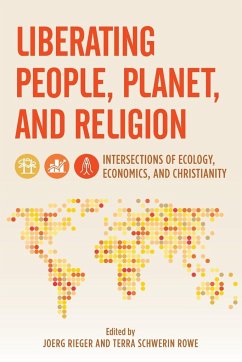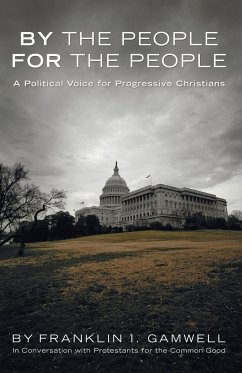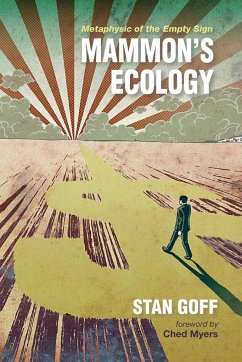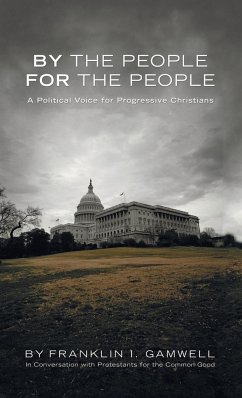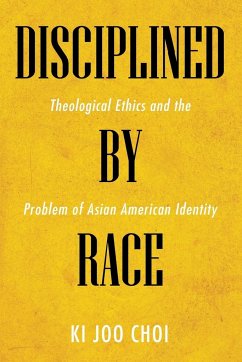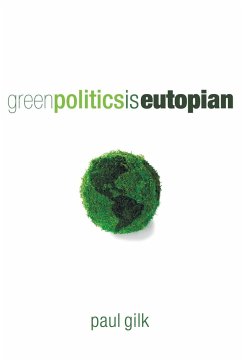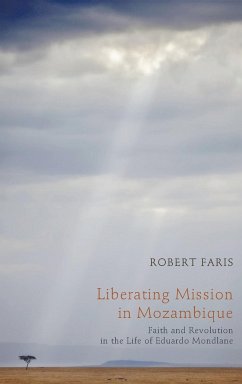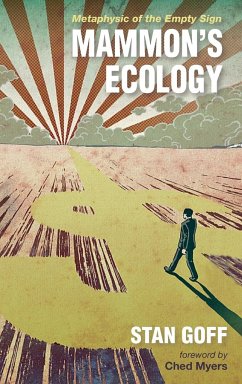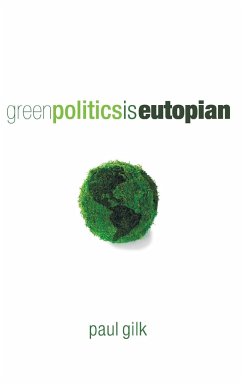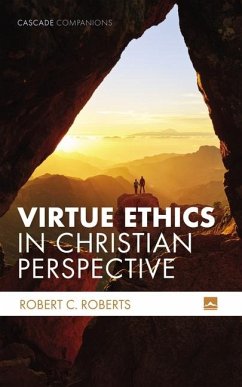
Liberating People, Planet, and Religion
Intersections of Ecology, Economics, and Christianity
Versandkostenfrei!
Versandfertig in 1-2 Wochen
110,99 €
inkl. MwSt.
Weitere Ausgaben:

PAYBACK Punkte
55 °P sammeln!
There is growing consensus that life on the planet is in peril if climate change continues at its current pace. At stake is not only the future of many species but of humanity itself. As an increasing number of ecological economists have emphasized, these problems will only be adequately addressed by re-examining economic systems from an ecological perspective, fundamentally calling into question assumptions of unlimited growth and the maximization of shareholder profit foundational to neoliberal capitalism. Religion and ecology scholars have also increasingly emphasized the ways climate chang...
There is growing consensus that life on the planet is in peril if climate change continues at its current pace. At stake is not only the future of many species but of humanity itself. As an increasing number of ecological economists have emphasized, these problems will only be adequately addressed by re-examining economic systems from an ecological perspective, fundamentally calling into question assumptions of unlimited growth and the maximization of shareholder profit foundational to neoliberal capitalism. Religion and ecology scholars have also increasingly emphasized the ways climate change challenges assumed divides between nature and culture, religion and labor, economy and ecology, and calls for critical and constructive engagement with the religion, economy, and ecology nexus. Often, though, religious engagements with economy and ecology have placed emphasis on individual morality, action, and agency at the level of consumption patterns or have suggested mere modifications within existing economic paradigms. Contributors to this volume call into question the adequacy of this approach in light of the urgency of climate change which is always ever entwined with ongoing patterns of exploitation, oppression, and colonialism in current economic systems. Rather than tweaking a system of exploitation, for instance by emphasizing individual consumption or care for human and non-human victims, these authors articulate important opportunities for religious engagement, activism, resistance, and solidarity around issues of production and labor. Recalling that Marx linked agencies and labor of people as well as the other-than-human world, these authors aim to articulate a sense in which liberation of people and the planet are intertwined and can be accomplished only through collaboration for their common good. The basic intuition driving this volume is that while Christianity has by and large become the handmaiden of exploitative capitalism and empire, it might also reclaim latent theologies and religious practices that call into question the fundamental valuation of labor without recognition or rest, of extractive exploitation, and a "winner take all" praxis. In the process, Christianity might reclaim and reinvest in tenuous historical materializations of transformed ecological and economic relationships while economics might be re-informed by a valuation of the shared oikos as well as a just accounting of and renumeration for labor. Together they might serve the aim of the flourishing of all people and the planet.




